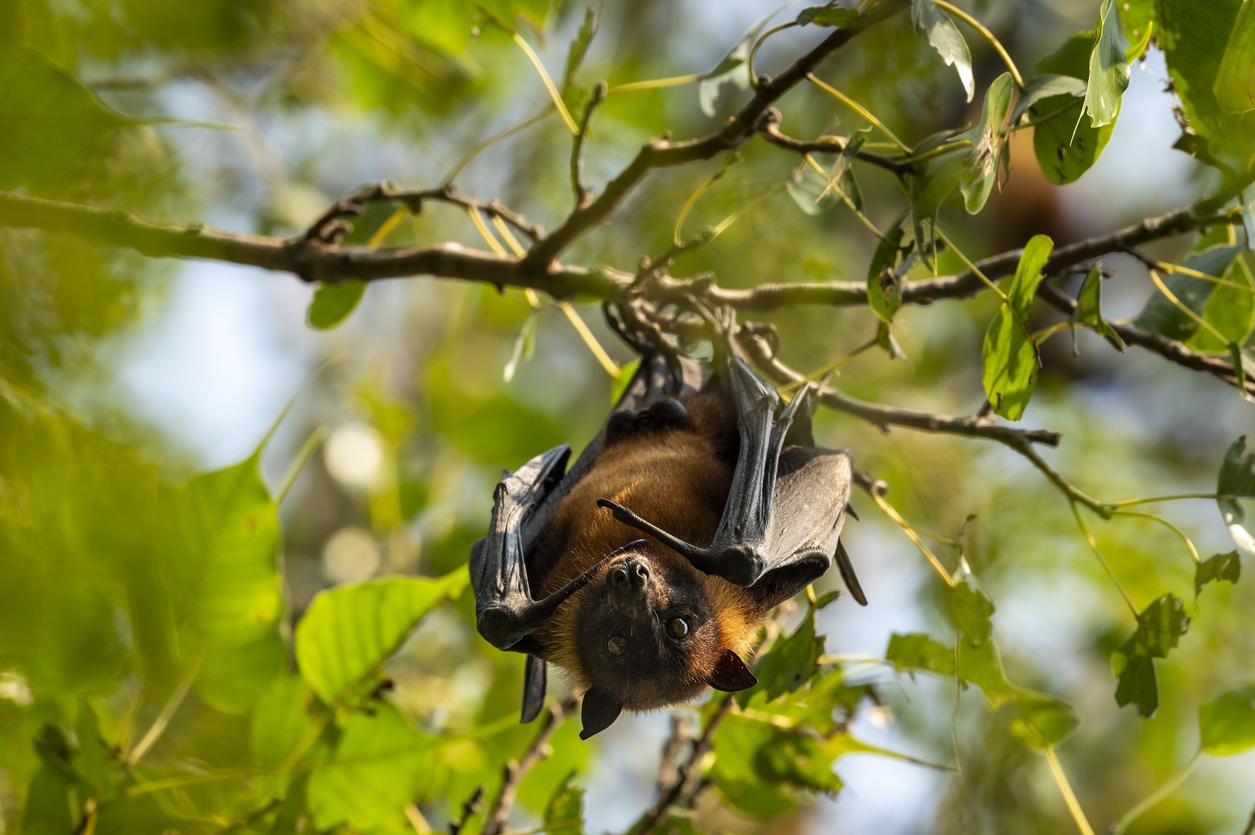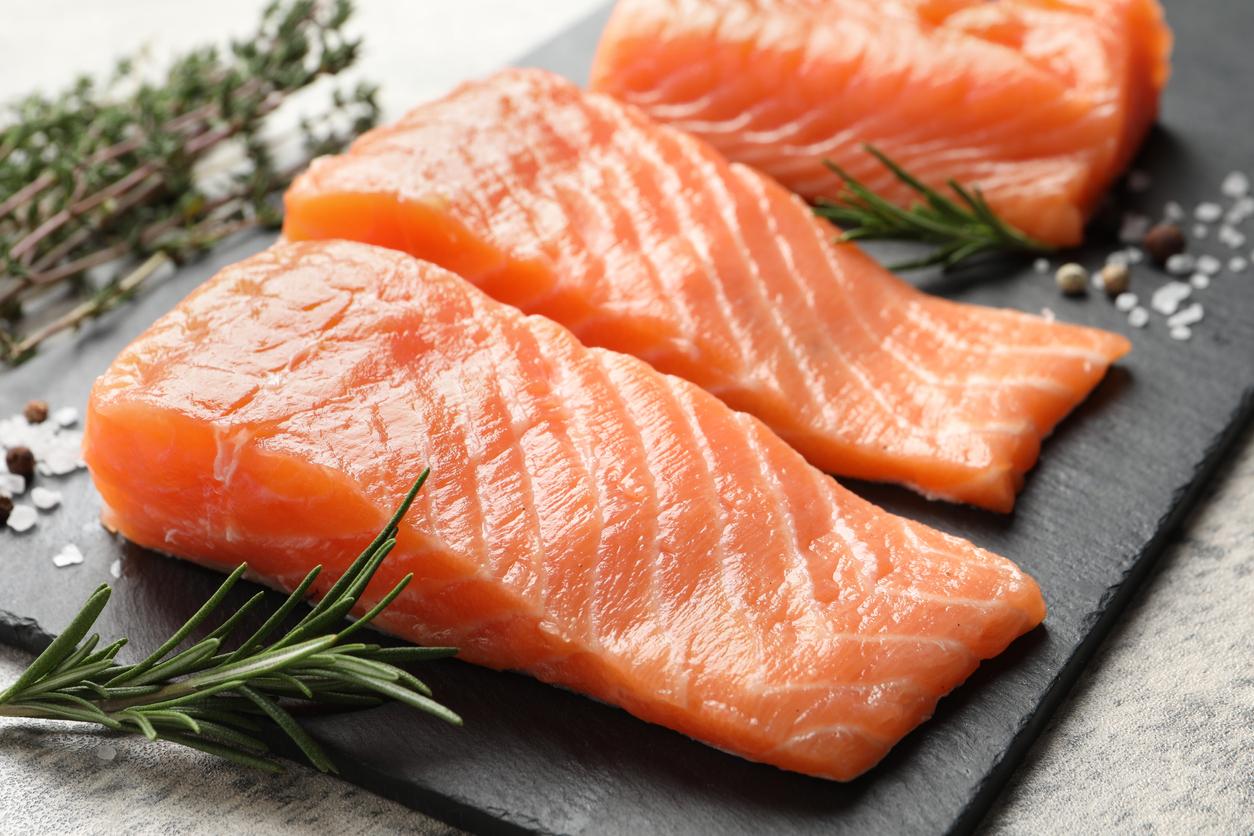Norway is the world’s largest producer of farmed salmon, accounting for over 60% of global consumption. But the Norwegian authorities were forced to admit that the quality of their fish left something to be desired. They advise “young women and pregnant women to consume two to three fish-based meals per week, half of which are fatty fish”, but that “the consumption of fatty fish, such as salmon, trout, mackerel or herring, should remain less than two meals per week. “
These statements by local health authorities follow an article in the Norwegian daily VG in which Dr Anne-Lise Bjorke Monsen from the Bergen Clinical Biochemistry Laboratory explained that “the pollutants found in farmed salmon have a bad influence. on brain development, and are associated with autism, hyperactivity and low IQ. We also know that they can have a negative effect on the immune system, the hormonal system and the metabolism. They are also transmitted by breastfeeding. If you need omega-3 from fish, mackerel and herring are great ”.
Analyzes have shown that Norwegian salmon reared more than 100 meters deep in farms built in the open sea in the fjords had abnormally high levels of pollutants, dioxins, hydrocarbons, antibiotics and pesticides. These fish are indeed fed with animal meal, treated with antibiotics and pesticides… Nothing very tasty for human beings. Scientists therefore recommend that pregnant women, young children and adolescents no longer consume farmed salmon because the benefit of fatty fish on the cardiovascular system is lower than the risk of developing cancer in these more fragile populations. For others, it is better to avoid eating salmon too often and to encourage the discovery of other fish that are just as tasty but less known.


















